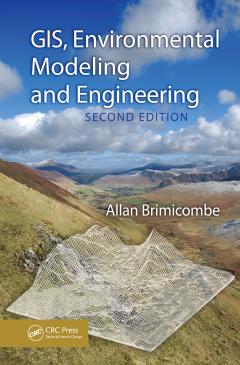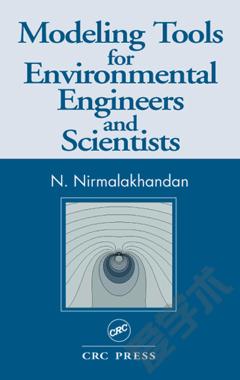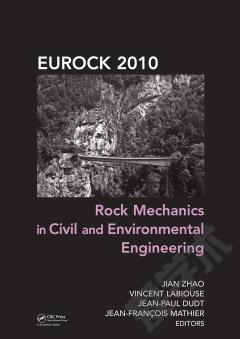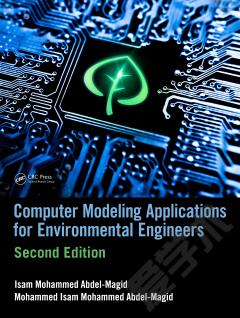Modelling Flows in Environmental and Civil EngineeringRUSH
Civil and environmental engineers make frequent use of mathematical models to handle free-surface hydraulics problems as simulation of river and channel flow, flood prediction, assessment of sediment and pollutant transport, evaluation of air-water interaction. In this respect, the need of consistent models to simulate water flows with transport processes has never been more pressing. Mathematical developments result in the so-called 3D and 2D drift-flux models which are proven to achieve the objective of the research in many respects. This book underlines that the Drift-Flux Approach is very effective in simulating environmental flows for civil engineering. In particular, original 3D and 2D models are proven to be complementary in order to model a wide range of phenomena.
{{comment.content}}








 京公网安备 11010802027623号
京公网安备 11010802027623号